Pros and Cons about travel in South Africa
Travel Advisory - South Africa
Is it safe to travel in South Africa?
As an international traveler it would be sensible to check with a reputable source such as your government whether it is advisable and safe to travel to ANY country, regarding demonstrations or protest actions, sometimes even war and lately global pandemics.
Even demonstrations have the potential to turn violent quickly and should be taken seriously.
Traveling in South Africa can be one of the best times of your life but one has to be sensible as well. I have put together a few safety travel tips for you.
Why everyone should still visit the rainbow nation
Updated October 2022
Should South Africa be your destination of choice?
Is South Africa safe as a tourist destination?
Previously we have had many international visitors from other countries. We usually set out to warn them about the pros and cons of visiting South Africa before they arrive. This is not to scare or chase them away but to prepare them. Forewarned is forearmed. After all, as our guests, I feel responsible for them and would hate them to have an unpleasant experience.
Unintentionally sometimes we shock our visitors with the facts about South Africa and they wonder if it is at all worth traveling here. Without a doubt! With a few guidelines, good vigilance and sometimes exercising common sense, you can have a wonderful time exploring our beautiful country.
Why do we encourage people to visit our country when we are concerned about the danger? Having lived in South Africa for sixty years and travelled extensively in our country, we love it. That does not mean we are not aware of the dangers lurking around. Let’s face it, there are many countries that have safety issues.
By the way, upon landing in South Africa here are a few greetings apart from the usual English one of Hello, how are you?:
Kunjani - ‘hello’ or ‘how are you?’
We observe the same caution whether we are in a city or in a rural area although there are some areas that are quite safe. The Republic of South Africa is referred to as the Rainbow Nation which represents its diverse people and cultures after the post-apartheid era. In this relatively new democracy we are still struggling immensely with poverty, unemployment and crime.
There are several things that will be disturbing to you as a tourist but I hope the many things that will delight you far outweigh the negatives. One thing is for certain, a trip to South Africa will be unforgettable in so many ways.
Cons to be aware of when you travel to South Africa
Let us start with the bad news.
Crime is rife and range from murders and theft to hijacking or rape.
Violent crime is reported daily and we cannot hide from it. It might not always be visible but it happens. Although fortunately I was unharmed, I have been held at gunpoint twice, so I speak from experience. Many of my family members have had similar incidents.
Metropolitan cities and their central business districts often have a higher risk of violent crime, especially after dark.
Feeling safe or threatened is a perception depending on your circumstances or surroundings. You can visit without seeing any signs of crime, but you could just as easily end up as a statistic. Be sensible and alert. Avoid certain areas and you should be safe.
Example:
Numbi Gate on the southwestern side of Kruger National Park has been in the news many times. It is notorious for criminals taking advantage when traffic slows for potholes or speed bumps. They then attack unsuspecting travellers or tourists and even locals that are walking back home from work in the evenings. Unfortunately some have succumbed to these attacks, including a German tourist in October 2022.
My advice: Avoid the area at all costs. Furthermore it has in my opinion become necessary to be more vigilant and not travel at night, not only there, but possibly other rural areas in South Africa. It is not because crime only happens at night, but it certainly makes it easier for the criminal to hide in the dark.
There is a good possibility you will experience bad road conditions and reckless driving
Road accident statistics are high with many fatalities. There are many reckless drivers as well. Traffic during peak hours can be horrendous. To make matters worse, many of South Africa’s roads are badly maintained. There are however many good roads in South Africa as well.
Rural roads are often unfenced with livestock on the fringes or crossing the road.
Once again my advice is to be vigilant when driving, especially at night. If you notice anything that shouldn’t be in the road such as rocks or other hazardous objects, be cautious. If you should damage a tyre on one of those objects, do not stop there to change your tyre. Rather move on to a safer place. A broken rim is far less of an issue than losing a life.
Motorists are often warned of criminals placing rocks, spikes or other large obstructions on roads. It is the offender’s intention to cause an accident or to get them to stop on the side of the road. This provides an ideal opportunity to attack and rob victims.
Load shedding is a reality and a moot point
Since 2007 South Africa has experienced load shedding at various intervals. Whilst there are measures taken to prevent this, it does happen periodically. Thankfully there has been great progress but we are not out of the woods yet.
You may well ask what is load shedding if you have never heard of it. It is a rotational blackout or interruption, intentional, in preventing electricity supply from reaching predetermined areas to prevent excessive load on the generating plant.
Why would it affect you? Electricity is a vital commodity and can affect your plans. For instance, if your battery on your cell phone is low you will not be able to charge it, unless you have a battery pack (power supply). Alternatively if you are wanting to eat at a restaurant you might be able to get food only if they cook over a flame or have a generator. You may well find yourself sitting in darkness for a period of two to four hours.
Traffic lights are also affected as they will not be working in the affected areas which can cause havoc if there is excessive traffic.
South Africa’s transport system is diabolical
I would not recommend using trains for transport. There are limited busses in certain areas. Uber is probably the best way to get around the cities. The Gautrain in Johannesburg, although safe, only covers certain areas.
Although there are minibus taxies used by locals to commute between places, it is complicated to use by using hand signals and not always at designated stops. Unless you are up for an adventurous experience I would not recommend it.
If you feel comfortable driving in a foreign country you can hire a vehicle at one of the reputable car hire companies. They are:
Until recently there were many good airlines that used to fly between the major cities. However due to the pandemic much of that has changed and it is uncertain which ones will return to the sky. That does not only hold true for South Africa though.
Wild animals can kill you if they feel threatened by you
Predators such as lions or leopards do not roam around freely in the cities. They have however been known to surprise residents and visitors in certain rural towns throughout the country. Majority of the time though they are confined to a game or nature reserve.
As with any wild animal, they are dangerous and can kill you if they are cornered or feel threatened.
Private health care and government hospitals differ vastly
As a traveller it would be preferable to visit a private hospital or doctor if necessary. Travel insurance is advisable and make sure to check what it covers.
Protest actions happen regularly
Protest marches and demonstrations happen regularly. They are not always peaceful and can become violent quickly. Equipment, vehicles and property is often destroyed.
Pros that you will experience when you travel to South Africa
South Africans will make you feel at home
You will find most South Africans are friendly, helpful and hospitable. They will welcome you into their country and some even into their homes. Some would even be prepared to give you the last of their meagre meals and go hungry themselves. That is how generous they are. UBUNTU is the spirit.
“ubuntu - a quality that includes the essential human virtues; compassion and humanity.”
A land of contrasts, a phrase often used to describe South Africa, is quite true
You will not fully grasp that description until you set foot on South African soil. The juxtaposition of wealth and poverty, beauty and filth can feel like a punch in the stomach.
Tin shanties built in informal settlements with dreadful living conditions will shock you. When you sweep your eyes over breath-taking landscapes of oceans with pristine beaches and jagged mountains or safari bushveld and wild animal game reserves, it will somewhat soften the blow.
Culinary experiences can range from the ordinary to extraordinary
South Africa has good food and good wine; in fact some of the best in the world. You will find a variety of flavours to tickle your taste buds and to quench your thirst. There are however some culinary experiences that you may want to avoid if you are not an adventurous eater.
History and culture are as diverse as the country itself
South Africa is not called the Rainbow nation for nothing. Its population is as diverse as its land. Speak to two different people and you will be told two different stories about its history and culture.
Mobile phones are easy to access and are used extensively
Cellular or mobile phone coverage is great in most cities whilst in some rural or wilderness areas you can struggle to get a signal. Although more and more places have Wi-fi, it is not available everywhere.
Safety travel tips worth knowing to make your visit enjoyable in South Africa
Keep your travel documents safe. It is worth having printed or digital copies should you lose your documents, not only for travel in South Africa but elsewhere as well. When you are traveling through South Africa keep your passport, plane ticket and other important documents in a safe and secure place.
Wild animals, snakes or insects are not on a mission to kill you but they can be dangerous so exercise caution and listen to the expertise from guides, rangers or locals when on safari. It is not advisable to venture into the bush on your own, especially at night. Most game parks do not allow you to exit your vehicle, except at designated areas. If those are not fenced and gated, be observant and alert when you leave your vehicle.
Do not leave valuables lying around in your room. Opportunistic thieves are common. Keep your valuables away from windows even in a reserve where there are monkeys. They can slip through a small gap or window into the room and grab anything lying around.
If you are not sure, speak to the locals or police to ascertain if an area is safe.
If you need to withdraw cash at an ATM be alert and if possible have someone with you to watch your back.
Although most South Africans are friendly, there are some that appear pleasant but are out to scam you. If you feel uncomfortable, trust your instinct.
Do not be distracted when talking on your phone or using apps while walking. Scamsters have been known to grab mobile phones while people are using them.
Do not bring your heirloom jewels to South Africa. Try not to draw attention to yourself with flashy jewellery to tempt thieves.
Theft from cars is common. When approaching stop streets or traffic lights, it is advisable to have your windows closed and doors locked. Beggars and hawkers frequent the intersections which makes it easier for criminals to blend in. Smash and grab – a common term in South Africa – is when criminals smash your window with a sharp object and grab your valuables such as handbags, mobile phones or cameras.
Never leave valuables such as cameras, phones, laptops and tablets visible in vehicles when it is parked. Although there are car guards at some parking areas, theft still happens.
Do not be put off traveling solo, but at times it is worth being in a group. Wandering alone at night is not advisable. Try and avoid remote areas when you are on your own.
Protect yourself against theft. Keep your possessions close to you and do not leave your wallet, cell phone or other valuables lying on a table at a restaurant, even if you are sitting there. Do not hang your handbag on the back of your chair. Opportunists will grab them.
Safety in South Africa’s Nature
Climate
Our temperatures look mild compared to some countries. But don’t let that fool you into a false sense of calm. We have often been called sunny South Africa and not for nothing. In some areas that sun is extremely harsh and you will get burnt to a frazzle. Use sunscreen and wear hats or other protective clothing.
Our temperatures don’t always look as extreme as other areas around the world. There are places though where they can change rapidly – sometimes almost four seasons in one day. Be prepared by carrying warm clothing or dressing in different layers. In certain areas the night-time temperatures can be freezing whilst the daytime temperatures reach high levels.
Coast
South Africa has a coastline of approximately 3 000 km. Our shoreline is riddled with shipwrecks. At times there are severe currents, windspeeds, gusts and swells and misty conditions can envelope some of the coastline rapidly. Be careful when you swim or do any other water sport. The east coast of South Africa has a warmer current than the west coast.
South Africa is also known for its Great White Sharks in the Western Cape. They are not man eaters but I am pretty sure you wouldn’t want them to nibble on any of your limbs. They won’t necessarily come looking for you but be careful when you surf in Table Bay and False Bay. Speak to those that do water sports in the areas on a regular basis.
Mountains and hiking
The beautiful mountain ranges and trails of South Africa are scattered around in various areas. The sheer natural beauty of lush forests, mountain streams and waterfalls attract mountain climbers, hikers and walkers alike. Some of the walks are strenuous and challenging. Some are fantastic for beginners. Do your research.
Don’t take unnecessary risks by hiking alone. Don’t tackle something that you are not capable of doing. Make sure to take enough snacks for energy and liquid to prevent dehydration. Don’t underestimate the conditions and be prepared for unpredictable weather. Misty conditions can disorientate you and cause you to get lost. Stick to the trails. If you get hurt you might not be found if you are hidden somewhere off the track.
Africa is known for its thorn trees – Acacias – and South Africa has its fair share, mainly inland and further north. Soft soled shoes are no match for some of those thorns and if you get jabbed, be sure to clean the wound thoroughly so it doesn’t become infected.
I do hope you will be able to visit our beautiful country one day and that these tips will eliminate some of the doubt and anxiety about visiting South Africa. I trust that the knowledge I have provided will assist you in your travels and that the pros far outweigh the cons.
Still need convincing to visit South Africa? Here I have at least 65 good reasons for you to take that trip!
Quick links to relevant blogs:
Rookie travel tips for South Africa
A guide to South African Provinces
Ultimate experiences in South Africa
Find the best of South African things to do:
Click on image and pin for later
Find me on Social Media
If you would like to leave a comment on my blog, at the end of it click Subscribe via e-mail to receive email notifications of my reply or if new comments are added to that post. Visitors must be logged in to subscribe and this will subscribe visitors to the comment thread, but not my entire blog. I know it is quite a process, but it helps keep our websites secure. Your email address will not be shared or displayed.
Alternatively, you can comment as a guest without logging in, but you will not be notified of my answer.







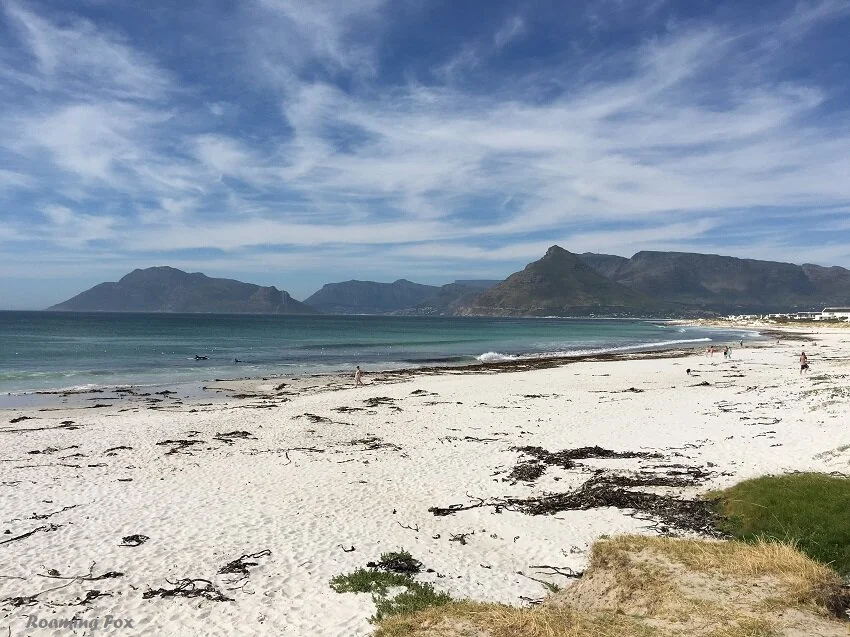















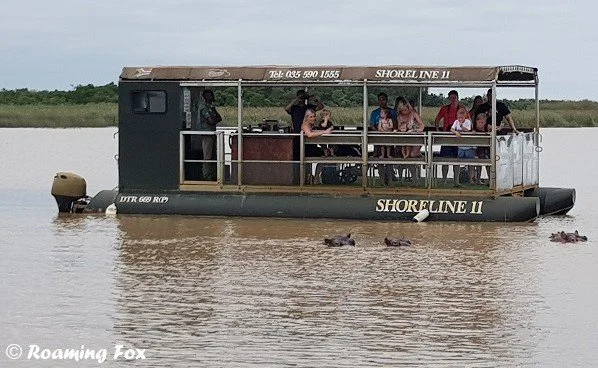

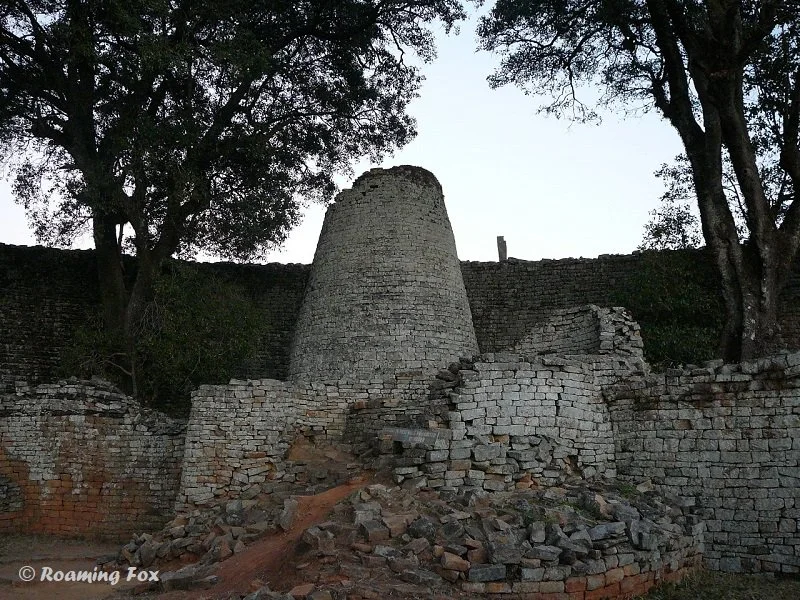

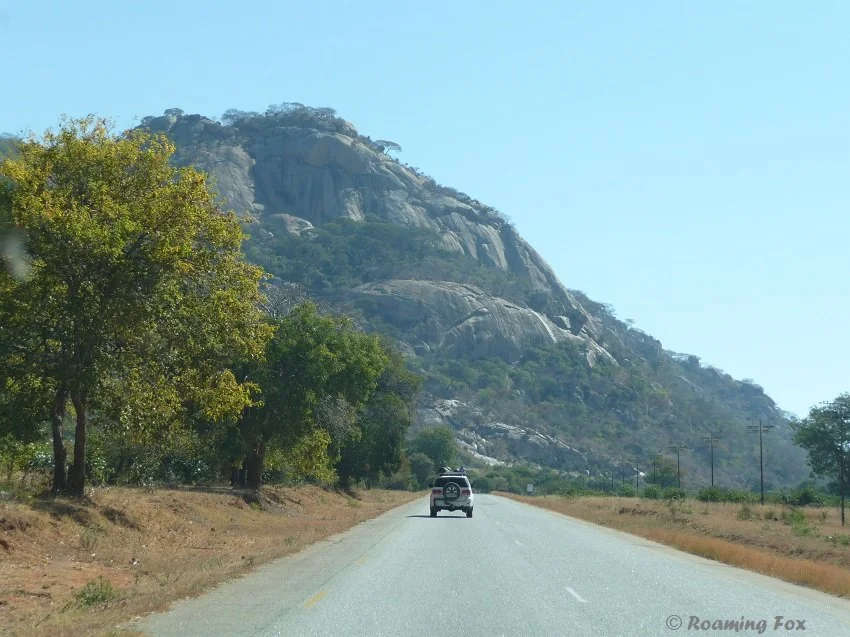
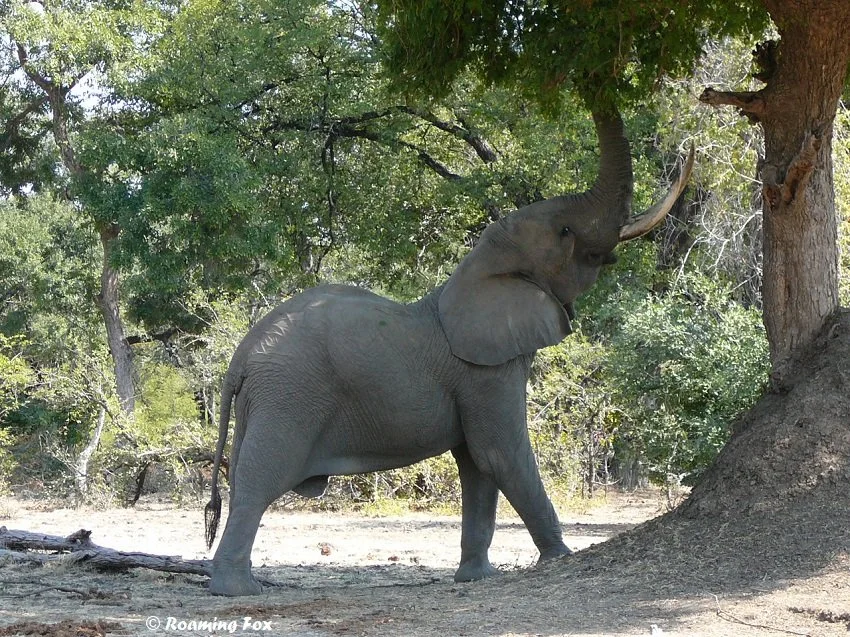
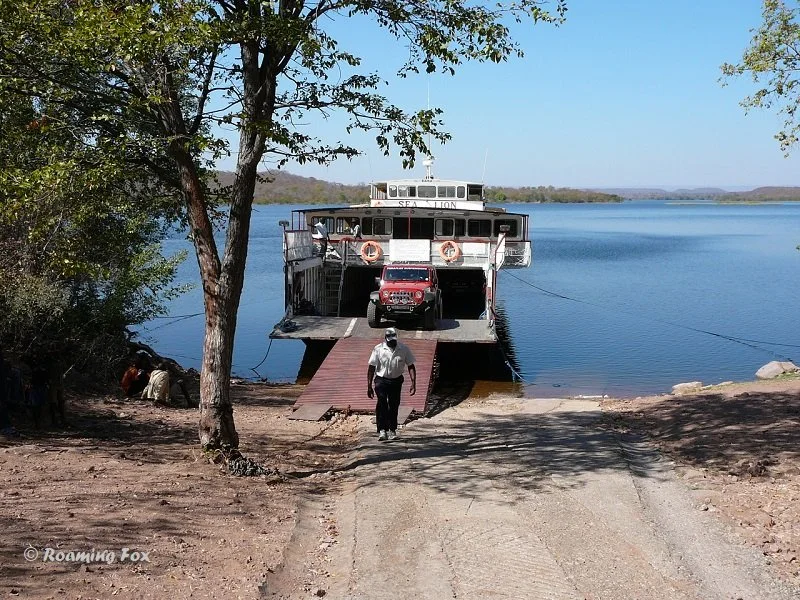



The Best Way to see a country? Take a road trip! Have you ever had that feeling when you hit the open road on your road trip? Freedom. Anticipation. Exhilaration.